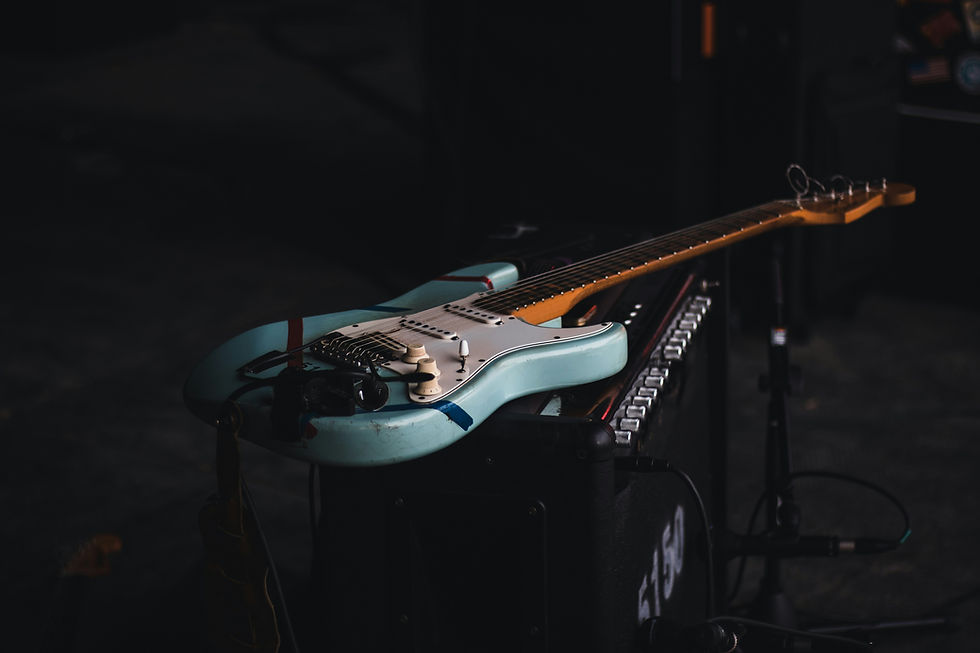Less But Better
- Michelle Monette

- May 11, 2022
- 2 min read
Updated: Jun 22, 2022

I have long said my interest in pursuing so many musical endeavors has been both a blessing and a curse.
On one hand, I derive great satisfaction and inspiration from learning so many different things, and I have grown in ways as a musician, and a music listener, I never would have otherwise.
On the other hand, having so many musical interests can translate into me spreading myself too thin.
I spent years trying to do it all, attempting and failing on a daily basis to fit in every single thing that caught my attention. All that did was lead to burnout, overwhelm, and complete exhaustion.
In his bestselling book Essentialism: The Disciplined Pursuit of Less, Greg McKeown discusses a concept he calls: “less but better.” As McKeown puts it, being an essentialist means saying no to more things (the trivial many), in order to focus, instead, on those few things that are the most important (the vital few). Focusing on a small selection of projects or activities means we can give the best part of ourselves to those things, and therefore do them better.
McKeown explains the importance of acknowledging that we can’t do everything, and instead emphasizes the importance of acknowledging that we have to make trade-offs. He says:
Once we accept the reality of trade-offs we stop asking, “How can I make it all work?” and start asking the more honest question “Which problem do I want to solve?”
For a musician this might lead to the questions: “What are the most important things I can be practicing right now?” or “What project do I need to focus on at the moment?”. You might make these decisions based on a commitment you have to honour, or a particular area of interest or weakness in your musicianship. You will also want to consider what fits within the bounds of your available time for working on music. Anything that doesn’t make it on your list now can always be addressed at a later time.
Once I stopped trying to do it all, and started instead to work only on what was most important during that moment in time, I noticed a massive shift in my relationship to my practice routine, and to making music. By focusing on fewer things, I can dive deeper to better sharpen my understanding, and internalize what I’m learning. I finish projects within a more reasonable amount of time, and at a higher quality. I also enjoy my time spent practicing and working on music much more because my mind isn’t so distracted by thoughts about all the other things I have to work on. I am much more present and satisfied in the moment with the task at hand.
If you find yourself feeling overwhelmed by all the things you want to do, it’s worth asking yourself: “What is most essential to my musical life at this moment?”.







Comments